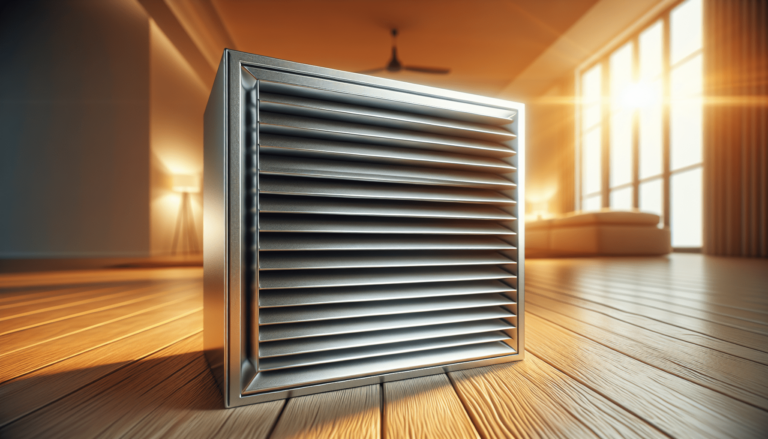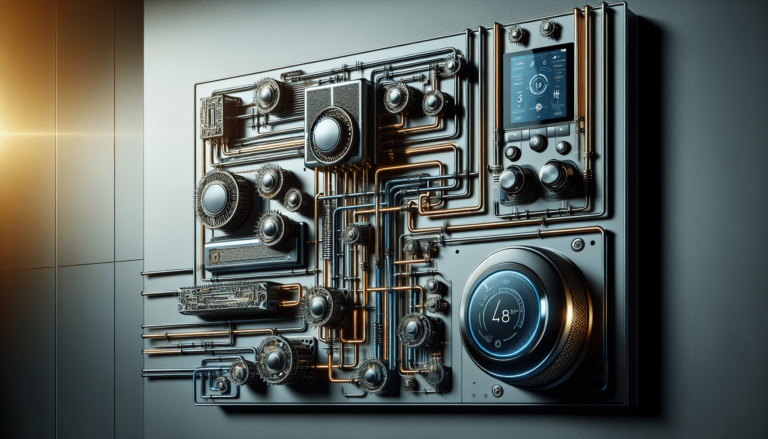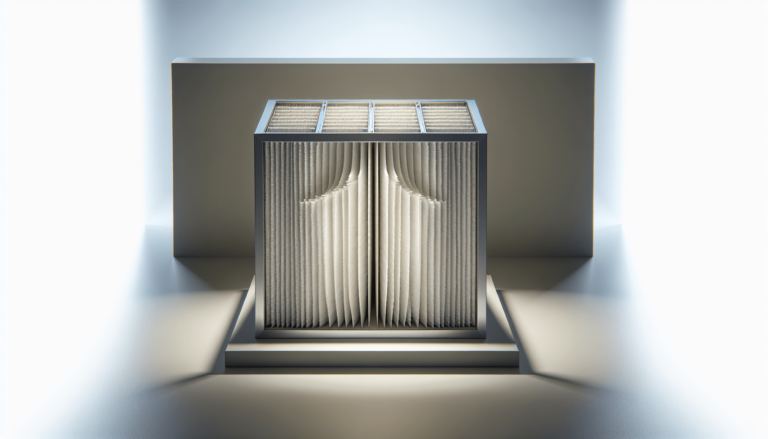

HVAC Services
Get Professional Repairs From The Area's Trusted HVAC Technicians. Ask About Our Services! We Offer Professional Heating & Cooling System Repairs And Guarantee Long-Lasting Results.
Got Question? Call us: (850) 678-2665Financing
When should you replace your HVAC unit?
Discover the signs that indicate it's time to replace your HVAC unit. Decreased efficiency, constant repairs, and age can all be indicators. Don't miss out on this valuable information!
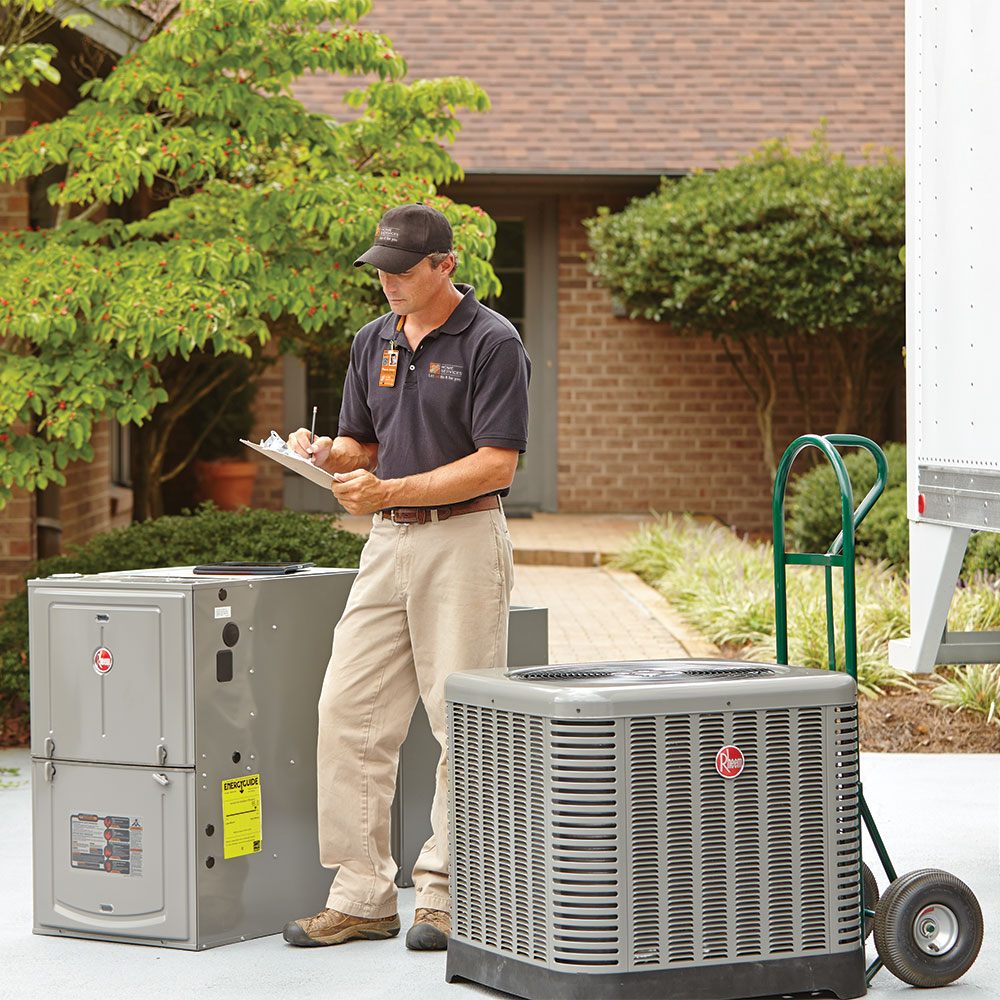
Are you unsure of when it’s time to replace your HVAC unit? Well, worry no more, because in this article we will provide you with all the information you need. When it comes to your HVAC unit’s lifespan, there are certain signs to look out for that indicate it may be time for a replacement. Whether it’s decreased efficiency, constant repairs, or simply the age of your unit, knowing when to replace your HVAC can save you from unnecessary expenses and discomfort in the long run. So, keep reading to learn more about the signs that indicate it’s time to say goodbye to your old HVAC unit and hello to a more efficient and reliable one.
Signs of an Aging HVAC Unit
Frequent breakdowns and repairs
If you find yourself constantly calling for HVAC repairs, it may be a sign that your unit is aging. As HVAC units get older, their components can wear out and become less reliable. This can lead to a higher frequency of breakdowns and the need for costly repairs. If you notice that you’re calling for repairs more often than usual, it might be time to consider replacing your aging HVAC unit.
Increasing energy bills
Another sign of an aging HVAC unit is a significant increase in your energy bills. As HVAC units age, they tend to become less energy-efficient. This means that they have to work harder and consume more energy to achieve the same level of heating or cooling. If you’ve noticed a sudden spike in your energy bills without any other explanation, it could be a clear indication that your HVAC unit is no longer operating efficiently and may need to be replaced.
Uneven heating or cooling
Do you find that some rooms in your home are consistently too hot or too cold? This could be a sign of an aging HVAC unit. As HVAC units age, they may struggle to distribute air evenly throughout your home. This can lead to temperature inconsistencies, making it uncomfortable for you and your family. If you’re constantly adjusting the thermostat or experiencing uneven heating or cooling, it may be time to consider replacing your aging HVAC unit.
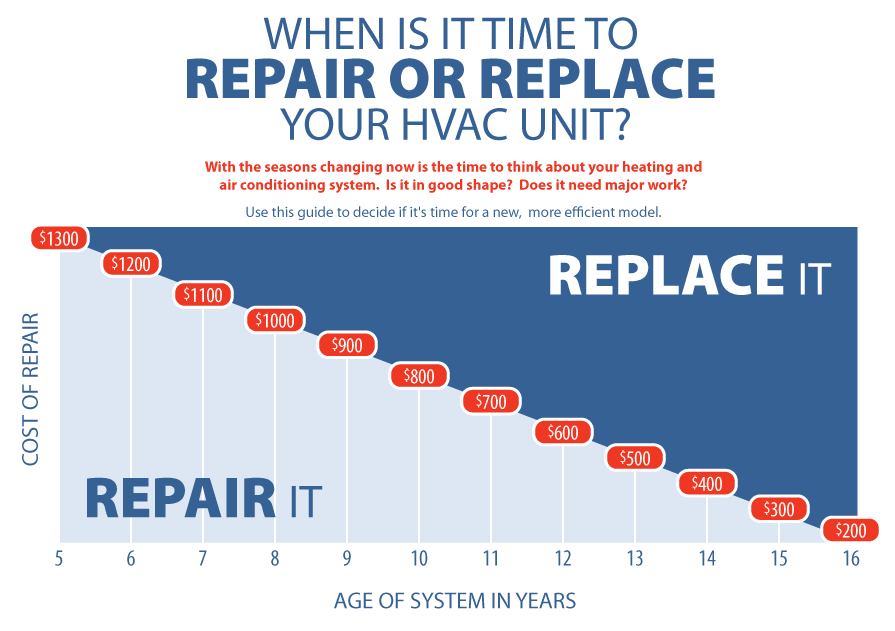
This image is property of rays-hvac.com.
Poor indoor air quality
If you’ve noticed an increase in dust, allergens, or odors in your home, your aging HVAC unit could be to blame. Over time, HVAC units can accumulate dirt, dust, and other particles, which can be circulated throughout your home. Additionally, an aging HVAC unit may struggle to properly filter and clean the air, resulting in poor indoor air quality. If you or your family members are experiencing respiratory issues or allergies, it might be worth considering replacing your aging HVAC unit to improve the air quality in your home.
Average Lifespan of an HVAC Unit
Determining factors
The lifespan of an HVAC unit can vary depending on several factors. These factors include the quality of the unit, the amount of use it receives, the level of maintenance it has received, and the climate in which it operates. Generally, a well-maintained HVAC unit can last anywhere from 15 to 20 years, while units that have been neglected may only last around 10 to 15 years.
Typical lifespan of different types of HVAC units
Different types of HVAC units also have varying lifespans. Furnaces tend to have a longer lifespan compared to air conditioning units. On average, a furnace can last between 15 to 30 years, while air conditioning units typically last between 10 to 15 years. Heat pumps and boilers fall somewhere in between, with a lifespan of approximately 15 years. Understanding the typical lifespan of your specific type of HVAC unit can help you determine when it might be time for a replacement.
Efficiency and Energy Consumption
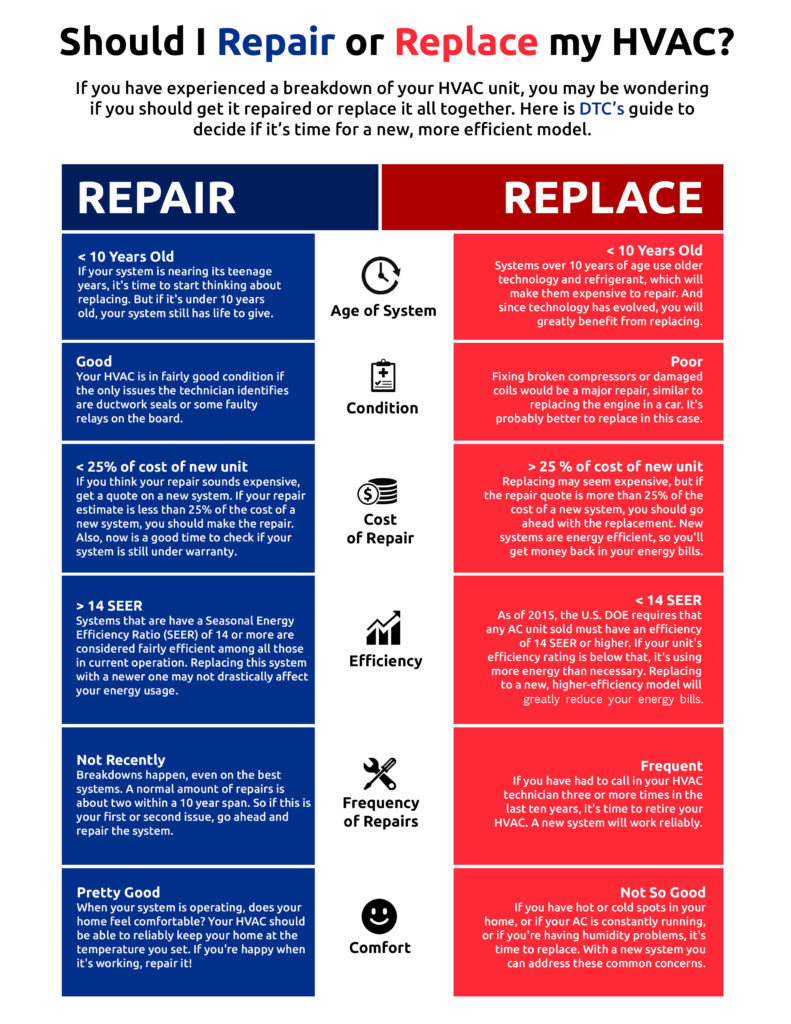
This image is property of www.dtctexas.com.
Effect of an aging HVAC unit on energy efficiency
As HVAC units age, their energy efficiency tends to decline. This means that they require more energy to heat or cool your home, resulting in higher energy bills. Older units may also struggle to maintain a consistent temperature, leading to increased energy consumption as they work harder to compensate. If you’re concerned about energy efficiency and want to reduce your carbon footprint, replacing your aging HVAC unit with a more efficient model can make a significant difference.
Energy Star ratings
When shopping for a new HVAC unit, it’s important to look for the Energy Star label. Energy Star is a program developed by the U.S. Environmental Protection Agency (EPA) that identifies products that meet strict energy efficiency guidelines. HVAC units with the Energy Star label are designed to consume less energy and save you money on your utility bills. By choosing an Energy Star-rated HVAC unit, you can ensure that you’re investing in a system that is both energy-efficient and environmentally friendly.
Importance of energy efficiency
Energy efficiency is not only beneficial for the environment but also for your wallet. By upgrading to a more energy-efficient HVAC unit, you can significantly reduce your energy consumption and lower your utility bills. Over time, the savings on your energy bills can offset the initial cost of the new unit. Additionally, energy-efficient HVAC units help reduce greenhouse gas emissions and contribute to a more sustainable future. Choosing an energy-efficient HVAC unit is a win-win situation for both your finances and the planet.
Cost of Repairs vs. Replacement
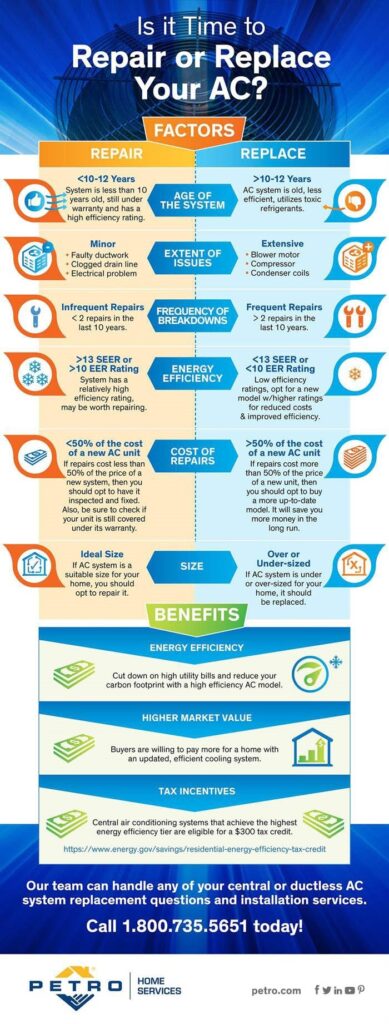
This image is property of www.petro.com.
Factors to consider
When deciding between repairing or replacing your aging HVAC unit, there are several factors to consider. The age of your unit, the frequency and cost of repairs, the energy efficiency of your unit, and the expected lifespan of a new unit are all important factors to take into account. It’s also crucial to consider the inconvenience and discomfort associated with frequent breakdowns and repairs. By evaluating these factors, you can make an informed decision about whether to invest in repairs or opt for a replacement.
When repairs are no longer cost-effective
While minor repairs here and there are common for any HVAC unit, there comes a point where repairs are no longer cost-effective. If the cost of repairs exceeds 50% of the cost of a new HVAC unit, it’s usually more economical to replace the unit entirely. Additionally, if your aging HVAC unit consistently requires repairs and you find yourself spending more time and money on maintenance, it may be a sign that it’s time to retire your old unit and invest in a new, reliable system.
Long-term savings with replacement
While a new HVAC unit may require a significant upfront investment, it can lead to long-term savings. Newer units are designed to be more energy-efficient, which can result in lower energy consumption and reduced utility bills. Additionally, manufacturers often offer warranties on new units, providing peace of mind and protection against unexpected repair costs. By upgrading to a new HVAC unit, you can enjoy the benefits of improved comfort, energy savings, and reduced maintenance expenses in the long run.
Environmental Impact
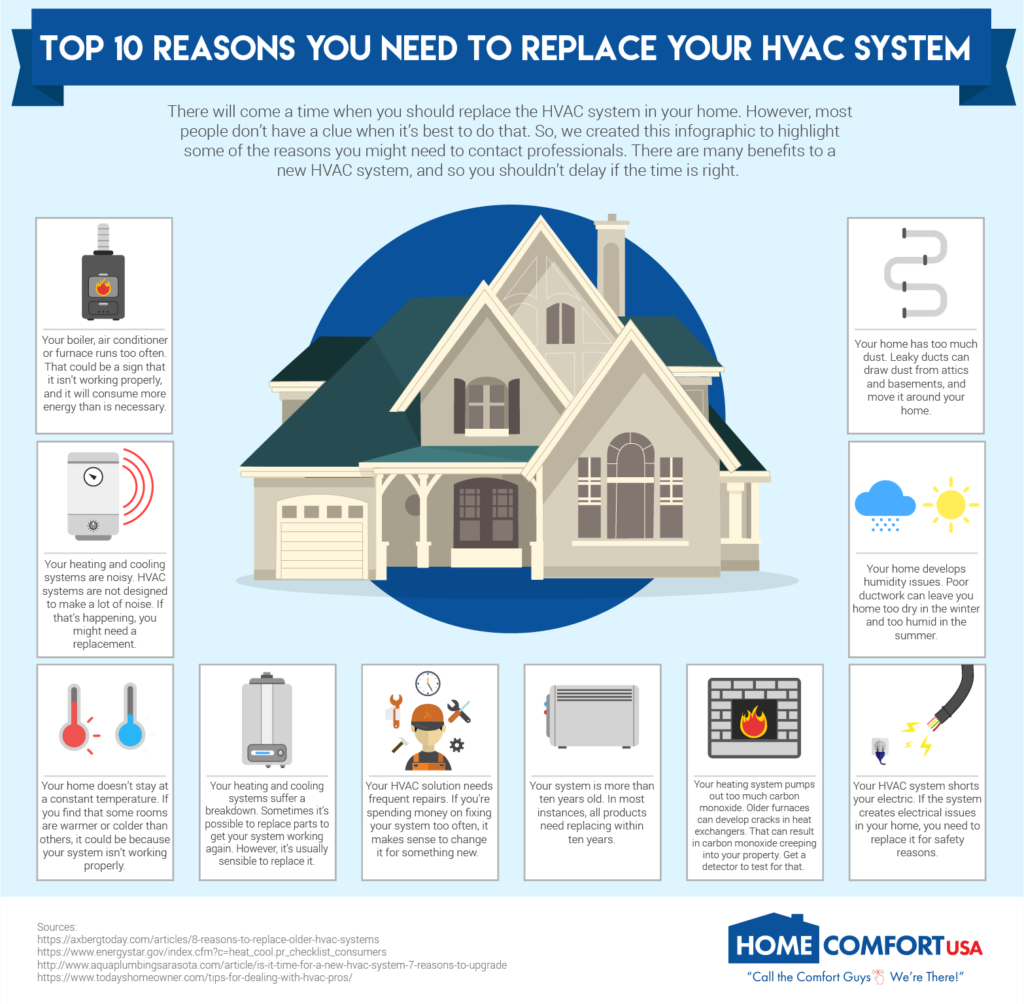
This image is property of www.homecomfortusa.com.
Older units and refrigerant issues
Older HVAC units may still use refrigerants that are harmful to the environment, such as chlorofluorocarbons (CFCs) or hydrochlorofluorocarbons (HCFCs). These refrigerants contribute to ozone depletion and are considered to be potent greenhouse gases. The production and release of these outdated refrigerants have been phased out by international agreements, and newer HVAC units use more environmentally friendly refrigerants, such as hydrofluorocarbons (HFCs). By replacing your aging HVAC unit, you not only improve energy efficiency but also reduce your environmental impact.
Benefits of newer units
Newer HVAC units are designed with the environment in mind. They use environmentally friendly refrigerants that have a lower impact on ozone depletion and global warming potential. These units also incorporate advanced technologies and features that improve energy efficiency and reduce greenhouse gas emissions. By upgrading to a newer HVAC unit, you can reduce your carbon footprint and contribute to a healthier planet for future generations.
Government regulations and incentives
In recent years, governments around the world have implemented regulations and incentives to encourage the replacement of old, inefficient HVAC units. These regulations aim to reduce energy consumption and curb greenhouse gas emissions. Depending on the country or region you live in, there may be government programs, tax credits, or rebates available to homeowners who upgrade to more energy-efficient HVAC systems. It’s worth exploring these opportunities, as they can help offset the cost of a new HVAC unit and make the upgrade more affordable.
Health and Comfort
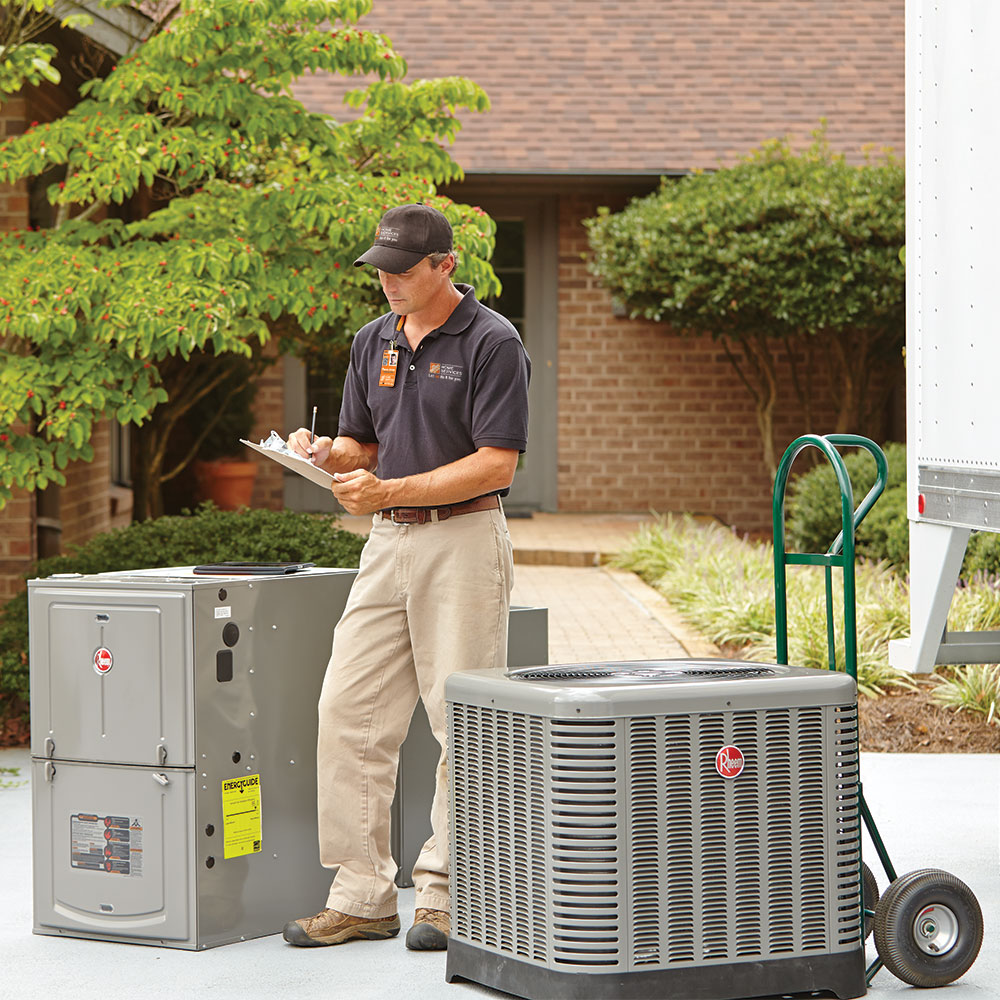
This image is property of contentgrid.homedepot-static.com.
Air quality concerns
The air quality in your home can have a significant impact on your health and overall comfort. Aging HVAC units may struggle to effectively filter and clean the air, leading to poor indoor air quality. This can result in respiratory issues, allergies, and general discomfort. By upgrading to a new HVAC unit, you can improve air filtration and ensure that your indoor air is clean and healthy for you and your family.
Humidity control
Proper humidity control is essential for maintaining a comfortable and healthy indoor environment. Aging HVAC units may struggle to regulate humidity levels, leading to excessively dry or humid conditions. These conditions can cause various issues, including dry skin, respiratory problems, and mold growth. Newer HVAC units often come with built-in humidity control features, allowing you to maintain optimal humidity levels and create a more comfortable living space.
Advanced features for improved comfort
Advancements in HVAC technology have introduced a wide range of features that can significantly improve comfort in your home. Some newer HVAC units offer variable-speed operations, allowing for more precise temperature control and enhanced energy efficiency. Others include advanced air filtration systems that can remove allergens, dust, and other pollutants from the air. By upgrading your aging HVAC unit, you can take advantage of these advanced features and enjoy a higher level of comfort in your home.
Technological Advancements
Smart HVAC systems
Technology has revolutionized the HVAC industry with the introduction of smart HVAC systems. These systems utilize interconnected devices and sensors to provide greater control and automation of your heating and cooling. With a smart HVAC system, you can remotely monitor and adjust your home’s temperature, set customized schedules, and receive energy usage reports. Smart technology allows for more precise temperature control, increased energy efficiency, and enhanced convenience.
Remote control and monitoring
Newer HVAC units often come with remote control and monitoring capabilities. This means that you can control and monitor your HVAC system from anywhere using a smartphone or other internet-connected device. Whether you’re at work, on vacation, or simply lounging on the couch, you can adjust the temperature, change settings, or receive real-time notifications about your HVAC system’s performance. Remote control and monitoring provide added convenience and peace of mind, ensuring that you can always stay connected to your home’s comfort.
Integration with home automation
The rise of home automation has allowed for seamless integration between various smart devices and systems within your home, including your HVAC system. By integrating your HVAC unit with a home automation system, you can create custom schedules, automate temperature adjustments based on occupancy or time of day, and even link it to other smart devices, such as smart thermostats or voice-controlled assistants. This level of integration offers unparalleled convenience and control over your home’s heating and cooling.
Considerations for Older Units
Retrofitting options
If your aging HVAC unit is still operational but lacks certain features or efficiency, retrofitting may be an option worth exploring. Retrofitting involves adding or upgrading components of your existing unit to improve its performance or functionality. For example, you could consider adding advanced filtration systems, zoning controls, or programmable thermostats to enhance comfort and energy efficiency. Consulting with a professional HVAC technician can help you determine which retrofitting options are compatible with your unit and provide the most significant benefits.
Maintenance practices
Proper maintenance is crucial for extending the lifespan and maximizing the efficiency of any HVAC unit, regardless of its age. Regular maintenance includes tasks such as cleaning or replacing air filters, cleaning coils, inspecting ductwork, and checking refrigerant levels. By following a maintenance schedule recommended by the manufacturer or a professional HVAC technician, you can ensure that your aging unit operates at its best possible capacity for as long as possible.
Upgrading specific components
In some cases, upgrading specific components of your aging HVAC unit may be a cost-effective solution. For example, replacing an outdated thermostat with a programmable or smart thermostat can improve energy efficiency and give you more control over your home’s temperature. Upgrading ventilation or ductwork can also enhance airflow and improve overall HVAC performance. By identifying and upgrading the components that are causing issues or limiting efficiency, you can potentially extend the lifespan and functionality of your aging unit.
Upgrading for Home Renovations or Expansion
Matching HVAC capacity with new space
If you’re planning a home renovation or expansion, it’s important to ensure that your HVAC unit can adequately handle the increased heating or cooling load. Upgrading your HVAC system when making significant changes to your home’s layout or size can prevent potential issues down the line. An HVAC professional can help assess your current unit’s capacity and recommend appropriate upgrades or replacements to meet the new heating and cooling demands of your renovated or expanded space.
Zoning systems for increased efficiency
Zoning systems allow you to divide your home into separate zones with individual temperature controls. By installing zoning systems, you can customize the temperature in each zone and avoid wasting energy by heating or cooling unused areas of your home. This can lead to increased energy efficiency and reduced utility bills. Zoning systems work best with HVAC units that are compatible with multi-zone setups, so upgrading to a newer system may be necessary to take full advantage of this feature.
Ductwork modifications
During home renovations or expansions, it may also be necessary to modify or upgrade your ductwork. Changes in room layout or the addition of new rooms can impact the airflow within your home. By ensuring that your ductwork is properly designed and sized for your new space, you can optimize HVAC performance and maintain consistent temperature distribution. An HVAC professional can evaluate your ductwork and recommend any necessary modifications or upgrades to accommodate your home renovations or expansion.
Working with a Professional HVAC Technician
Regular maintenance
Regular maintenance is essential for keeping your HVAC unit in good working condition and maximizing its lifespan. A professional HVAC technician can provide routine maintenance services, including cleaning coils, checking refrigerant levels, inspecting electrical connections, and lubricating moving parts. Regular maintenance not only helps prevent breakdowns and costly repairs but also ensures that your unit operates efficiently, saving you money on energy bills.
Professional inspection
If you’re unsure whether your aging HVAC unit needs repairs or replacement, a professional inspection can provide valuable insights and recommendations. An HVAC technician can thoroughly evaluate your unit, identify any potential issues or inefficiencies, and advise you on the best course of action. They can also help you assess the overall condition of your system and estimate its remaining lifespan. Consulting with a professional will give you the peace of mind of knowing that you’re making an informed decision about your HVAC unit.
Choosing the right system
When it comes time to replace your aging HVAC unit, working with a professional HVAC technician is crucial. They can guide you through the process of selecting the right system for your home, taking factors such as size, energy efficiency, and your specific heating and cooling needs into consideration. A professional can also ensure that the new unit is properly installed and calibrated for optimal performance. By relying on their expertise, you can avoid costly mistakes and enjoy the full benefits of your new HVAC system.
In conclusion, recognizing the signs of an aging HVAC unit is the first step in determining whether it’s time for a replacement. Frequent breakdowns, increasing energy bills, uneven heating or cooling, and poor indoor air quality are all indicators that your unit may be nearing the end of its lifespan. When deciding to replace your unit, it’s important to consider factors such as energy efficiency, cost-effectiveness of repairs, environmental impact, health and comfort, and technological advancements. Working with a professional HVAC technician throughout the process will ensure that you make an informed decision and choose the right HVAC system for your home.


